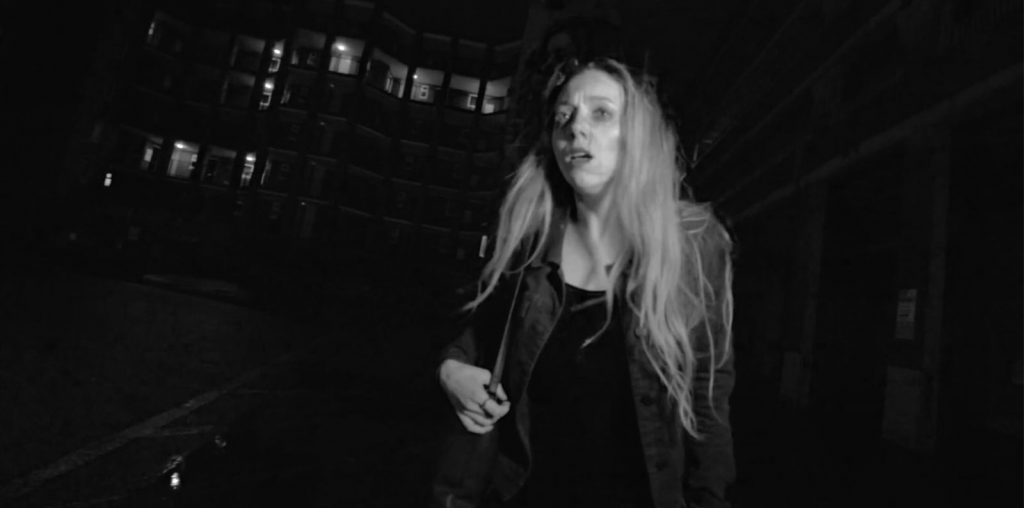
Randal Bimford lives a regular life. Each day he wakes up and eats an egg breakfast, always sunny-side up, as his taxidermified cat looks on in stony silence. When he leaves his apartment building, he passes his neighbor Ed (who also stands motionless most of the time) and Ed’s dog (which looks remarkably like the dog who plays Eddie on “Frasier”).
As he waits for the bus, he exchanges patently racist small talk with whichever minority commuter happens to be at the stop. “You’re Chinese, aren’t you?” he asks an Asian man. “Korean,” the man corrects. Randal replies, “I thought so.” Randal then says he expects the man to eat his cat. On another day, he asks a black man standing near him when he’s going to take out his Glock and shoot him.
With puffed cheeks and stilted gait, Randal seems like a poster boy for intolerance. The misconception of Randal Bimford is his bigotry. Interestingly, despite his prejudiced views of race, Randal seems slightly less closed-minded about gender issues. A hip-swaggering homosexual man walks by, and Randal reflects quietly how “those” simply never held any appeal for him.
He heads to a park and takes a seat on a bench. “This is where I come to contemplate life,” he says. A moment later he rises, “Well, that’s that.” His simplistic outlook on life explains his set-in-his-ways attitude. Randal lives an existence as rigid as that of his ages-dead cat or his unmoving neighbor.
One day Randal slips on some droppings from Ed’s dog and bangs his head on a trashcan, and Ed’s dog begins communicating with Randal through subtitles (think of the cat from “Go”). Suddenly, small changes begin to creep into Randal’s routine, things like altering his breakfast to scrambled eggs. A small change indeed. But, as a quote from Charles Darwin that opens the movie states, evolution occurs gradually.
Unfortunately, just as gradual is the short’s plot. At only twelve minutes, it’s a deadly weakness that some scenes drag on too long. At work, Randal phones the federal government to request a new social security number, he reasons, because he doesn’t feel socially secure. He asks the woman on the other end, “Are you Mexican?” A long, long eight or nine seconds go by before he speaks again. “Oh, Hispanic.”
“The Misconception of Randal Bimford” contains a well thought-out concept and lots of clever ideas (once, when Randal enters an elevator, his voiceover is muffled by the closing doors), but regrettably they never quite congeal into something greater than the sum of their parts.
